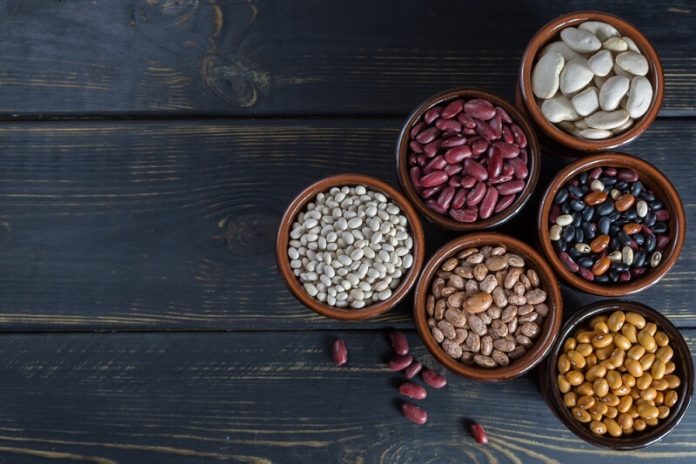Kidney beans are most frequently found in Chile, a spicy stew worldwide, and are particularly popular in regions of India and throughout Central America. Kidney beans come in various types, including white, red, and lightly speckled kidney beans; you may also find them in striped, modeled, cream, purple, and even black varieties. Like many other types of beans, kidney beans are densely packed with nutrients critical to our health, which explains why they’re a staple food in many cultural cuisines. Let’s explore the 13 amazing health benefits of kidney beans and their side effects.
13 incredible health benefits of kidney beans
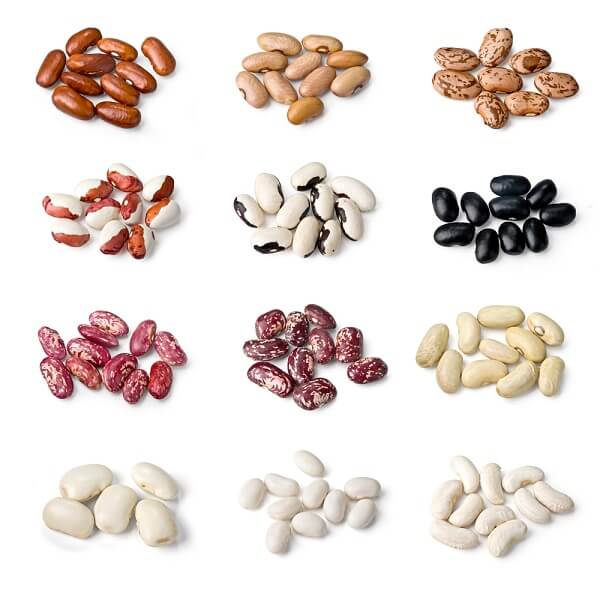
Lower cholesterol levels and prevent heart disease
It is reported that in the United States, thirty percent of deaths are caused by cardiovascular diseases.
However, they can be reduced by risk factor modifications; diet is an important modifiable risk factor for many types of cardiovascular diseases and bean consumption, including kidney beans, has been shown to reduce risk factors for cardiovascular issues.
Strengthen muscles
A single cup of kidney beans offers nearly 15 grams of plant protein.
Let’s add them to your diet to maintain and strengthen your muscles; lean protein breaks down into crucial amino acids used for energy production and the growth of muscle tissue, so if you are trying to bulk up and burn fat.
Manage blood sugar
A meta-analysis of 41 clinical studies showed that kidney bean pulses lowered insulin and fasting blood glucose.
They also found that pulses in high-fiber diets lowered fasting blood glucose and glycosylated blood proteins. In contrast, purses on low glycemic diets with slower glycosylated blood proteins measured hemoglobin A1c or fructosamine. The bean properties, their high fiber content, low glycemic index, antioxidant effects and political content possibly contributed to the effects on glycemic control.
These properties may have protected these subjects against developing type 2 diabetes. Thanks in part to their ability to help maintain normal blood sugar.
Promote immunity
In comparison to other vegetables or fruits. Kidney beans are not the king as a vitamin C Source, but they contain more than 10 percent of your daily recommendation in each cup of kidney beans. This can stimulate the immune system And promote the production of white blood cells, the body’s first line of defense against foreign pathogens.
It is also critical for collagen production and thus helps repair processes throughout the body.
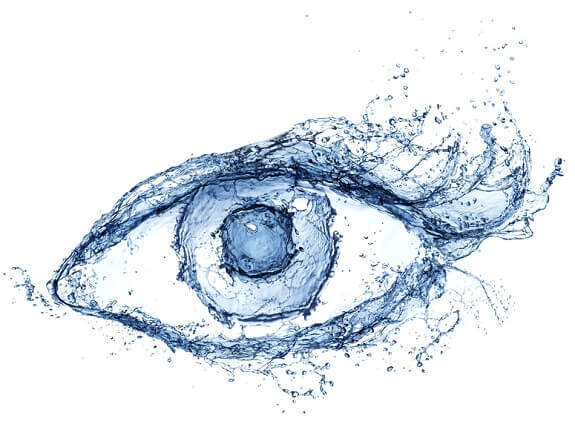
Eyecare
Kidney beans can be a superfood and healthy for your eyes as they contain a high level of beta-carotene, which breaks down into Vitamin A this vitamin specifically targets oxidative stress in the retina, helping to prevent the occurrence of macular degeneration and the development of cataracts.
Avoid congenital disabilities
Single-cup of kidney beans provides more than half of the recommended amount of folate in the body; folic acids most notable benefit is that it can reduce the risk of neural tube defects in infants, which makes it a critical nutrient for expecting mothers.
Control blood pressure
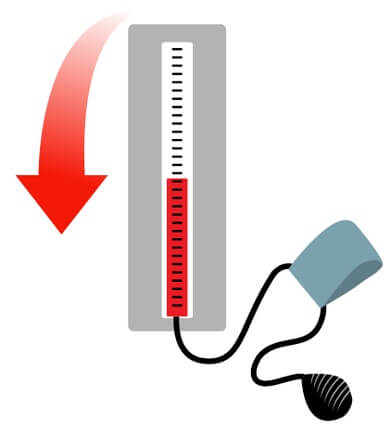
There is an impressive amount of potassium in kidney beans, with more than twenty percent of your daily recommended amount; potassium is a critical vasodilator that can boost heart health by reducing the amount of strain on the cardiovascular system and relaxing blood vessels and arteries, potassium helps to lower the risk of heart attack stroke and coronary heart disease.
Facilitate energy production
Kidney beans hold a good amount of Manganese, which plays dozens of key roles in the body, including the production of enzymes in energy production and mitochondrial function.
Support circulation
A cup of kidney beans holds over 20 percent of your daily recommended amount of iron, a key component in producing red blood cells. So a diet high in kidney beans will be circulation in cardiovascular health while also increasing energy levels and delivering oxygen to extremities and areas of the body that need resources the most.
Prevent cancer
Kidney beans are rich in fiber, an important nutrient for preventing cancer. A 20-18 study by the cancer prevention Institute of California and Stanford University suggests that fiber beans and Grains help reduce the risk of hormone receptor-negative breast cancer. White kidney beans are also rich in lectin, which shows antiproliferative properties. Research also suggests that kidney beans can induce apoptosis and hence increase the death of cancer cells.
Build healthy bones
Kidney beans contain many minerals, including phosphorus, magnesium, copper and Manganese. All of these play a role in bone mineral density. Increasing your mineral uptake will lower your risk of developing osteoporosis, keeping you strong and active as you age.
Prevent cognitive decline
Kidney beans possess high levels of thiamine, making them an ally for people as they age, particularly if they are at risk of cognitive decline or suffer from high levels of oxidative stress.
They can also help in preventing memory loss in some other neurodegenerative diseases.
Digestive system
Kidney beans are the king and aid your digestion.
They contain dietary fiber, which can stimulate the production of gastric juices and promote peristaltic motion, which keeps the bowels moving normally; regular consumption of these fiber-rich beans can help prevent symptoms of constipation and bloating while lowering your risk of hemorrhoids and ulcers.
Does kidney beans have side effects?
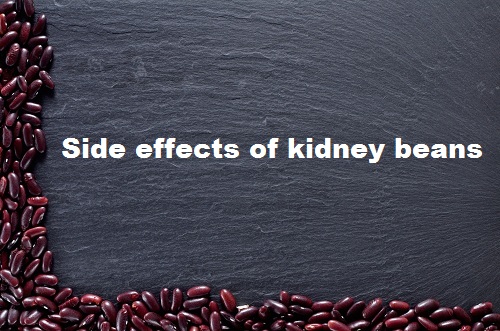
Despite the many health benefits of kidney beans, there are some important side effects to consider, including gastrointestinal problems and hemagglutinin toxicity.
Stomach issues
The high fiber level in kidney beans will help improve digestion. Still, an excess of fiber can have adverse effects on the gastrointestinal system, resulting in flatulence, stomach pain, diarrhea, constipation and a higher risk of hemorrhoids.
Hemagglutinin
Kidney beans have a notable amount of hemagglutinin, which can stimulate gastric pain, nausea, diarrhea and vomiting. This is quite rare and is typically seen in people eating more than three cups of these beans per day.
